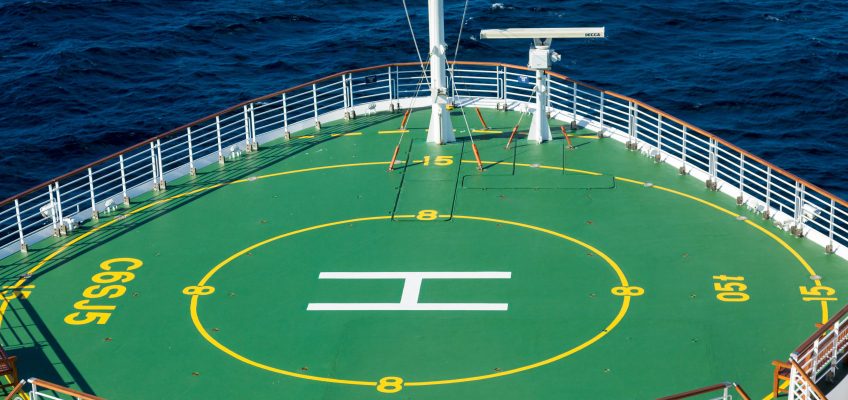Norovirus is a highly contagious illness.
Norovirus is often called the “cruise ship illness” because when an outbreak occurs onboard, this often hits the news.
The risk of contracting Norovirus onboard a cruise ship is very small. It is associated with cruises simply because cruise companies are mandatorily obliged to report outbreaks of infectious diseases onboard. You actually have a greater chance of contracting Norovirus in a health care facility, restaurant, school or any area in which people tend to congregate.
What is Norovirus?
It is a contagious virus which causes acute gastroenteritis. The virus is found in the feces or vomit of infected people. The virus is most commonly contracted by:
- Consuming food or drinks which are contaminated with the virus.
- Touching contaminated objects or surfaces and then touching your mouth.
- Ingesting small airborne particles from projectile vomiting.
- Having direct contact with an infected person (eg when caring for them, sharing accommodation, food and/or utensils).
Typical symptoms include:
- Stomach pain / cramping
- Nausea
- Diarrhoea
- Vomiting
- Fever
- Headache
- Muscle aches
Symptoms manifest 24-48 hours after infection and the virus generally lasts for one or two days. Treatment usually involves rest and management of symptoms. It is important to rest and maintain adequate fluid intake to avoid dehydration. Most people recover without complications but extra care should be taken if the patient is particularly young, elderly or infirm.
How can you prevent infection?
There is no vaccine or preventive medication you can take to prevent infection. Practising a high standard of hygiene is the best form of defence.
- Frequently wash your hands especially after visiting the toilet and / or before eating food or drinking beverages.
- Use your own toilet facilities in preference to public restrooms if possible.
- Avoid touching surfaces which many people touch – eg lift buttons, handrails, door knobs etc. If possible, use tissue or toilet paper to touch surfaces and consider using your knuckle to activate lift buttons etc in preference to your fingertip.
- Avoid people who look unwell.
- Avoid excessively touching strangers – eg handshakes and hugging.
- Eat at reputable restaurants and food establishments.
- Thoroughly clean down surfaces / areas which may have been contaminated by an infected person.
- Immediately remove and wash linen and clothing that may be contaminated.
- Ensure all feces and vomit are flushed or discarded and the surrounding area cleaned.
- Maintain your own personal health – get adequate rest and nutrition to beef up your immune system.
What do cruise companies do to minimise the risk?
Cruise companies take the risk and control of Norovirus very seriously.
All cruise lines must report outbreaks of infectious disease onboard. The Vessel Sanitation Program (VSP) at the Centre for Disease Control and Prevention (CDC) helps the cruise industry prevent and control the introduction, transmission and spread of gastrointestinal illnesses on ships. The VSP conducts inspections of cruise ships, reports hygiene deficiencies detected and provides recommendations for corrective action. If you are planning a cruise holiday, you can search for your chosen cruise line on the CDC’s Vessel Sanitation Program. This search will reveal the score awarded to the cruise line / vessel and provide access to the report of the vessel’s most recent inspection and corrective action recommended for any deficiencies. Access the database by clicking here. Bear in mind though that the database is not exhaustive and your chosen cruise line may not have been inspected by the CDC.
Reputable cruise lines do their best to ensure the health and wellbeing of crew and passengers. This involves an extensive cleaning and sanitation regime. While cruising you will see crew regularly cleaning down surfaces and maintaining safe food handling practices. You will often see hand sanitation dispensers in areas where passengers congregate including meal areas and washrooms. If illness is detected, the person concerned will be confined to their cabin, affected areas may be subject to quarantine control and buffet food service may be suspended.
Whilst going on a cruise doesn’t necessarily put you at any higher risk of contracting a gastrointestinal illness but being at close quarters with a high number of people can help pathogens spread. It is important to remember that you also play a part in ensuring you and your fellow passengers reduce the risk of spreading contagions while onboard.
Got questions? Why not call us on 1300 819 888 or send an email to info@goinsurance.com.au


